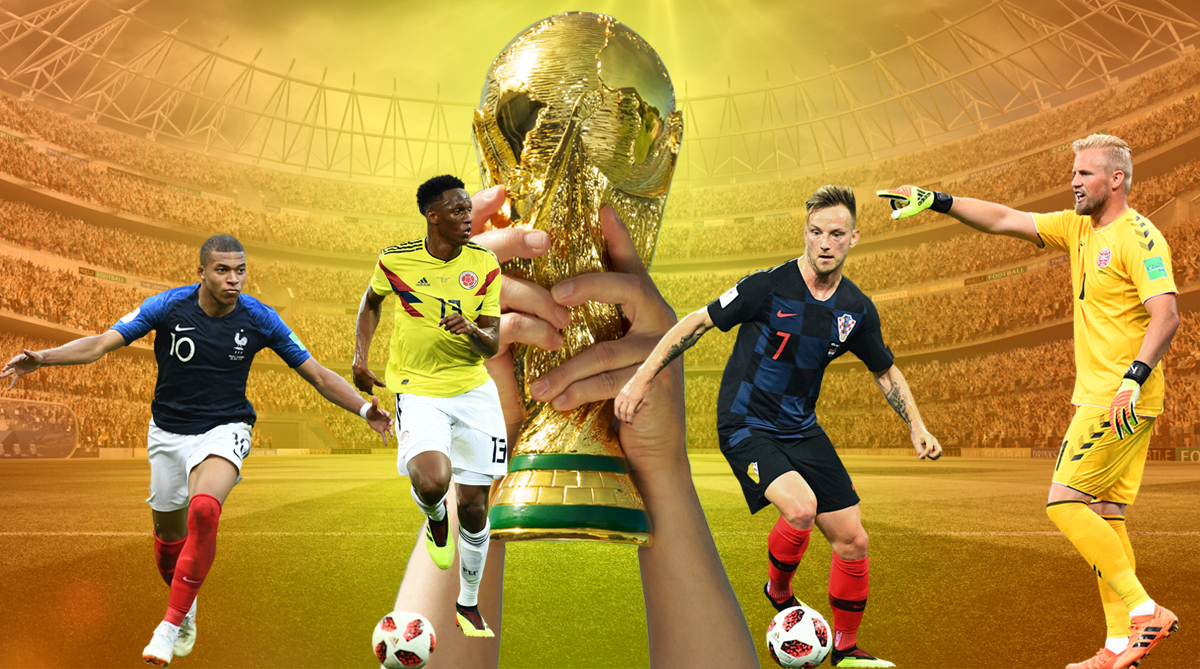Beyond the faint sketches anodyne narratives, bereft of nettlesome interpretations of it, those far away from Spain haven’t really got to know a lot about Barcelona’s bribery story. You know why it is like this: Mr Average Man is required to like sport, warts and all. Dig too much into it and you let the frisky cat out, whereupon the commercial pillars of the enterprise start wobbling. Lounge suits will never risk it.
They would rather you wrote a safe match report, your firepower reserved for an erring coach or a striker who got close but blew it. For just short of two decades since 2000, or thereabouts, the club with some of the world’s finest players, then inclusive of Leo Messi, often polarisingly deified as the greatest of all times, bribed one of Spain’s referees’ high-ups millions of dollars to secure unfair advantages. When caught, the Catalan club said the beneficiary had only helped Barcelona with his analytical acumen.
Advertisement
Cerebral inputs, they would have you believe, these were, the sort of thing that proba- bly unlocks defences, opens the scoring floodgates; the esoteric miscellany that dominates the conversation when, perhaps, Arsene Wenger runs into, say, Louis van Gaal. So far, so bad. But the moment you reckon, probably subconsciously, with Messi having spent most of his best years in the club, you find yourself struck dumb.
Was it all make-believe then? It taxed one’s mind. It was like having to acknowledge, if half the things they say about him have an iota of truth in them, that Harry Potter was so crackerjack a magician as he happened to be one of Hogwarts’ seasoned exam cheats whom someone in authority, unbeknownst to Dumbledore, gave a leg up and a shot in the arm to.
But Messi, who won habitually at the Camp Nou, is not so much sawdust. His technical level is superb. His weakness, many felt, was in the mind. In other words, in complete contrast to the ringing endorsement of everything said after what The Guardian described as the Human Rights World Cup in Qatar, Messi at his best in Barcelona was suspected by the cognoscenti of being low in leadership qualities. But a slew of penalties given to Argentina turned a lot of things around, leaving players like Pepe, of Portugal, in teeth-gritting rage about everything having been geared to the needs of football’s glittering prince.
It was as if his celestially granted privilege to be favoured a little. The printed bits in critical commentaries were, of course, duly played down but history’s shouts would be hard to stifle or suppress, whether or not the dissent originated in reality or fiction. There indeed is something called a legacy. Barcelona’s dark truth or Argentina’s allegedly administratively assisted ascent to the top will stay in football’s record book. Elusive when he was at his best, the honour came when Messi had declined.











